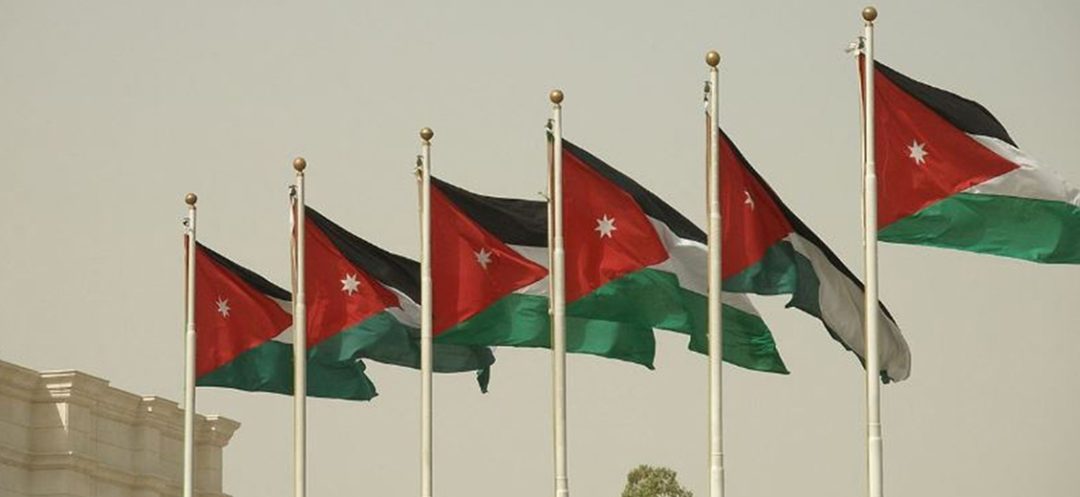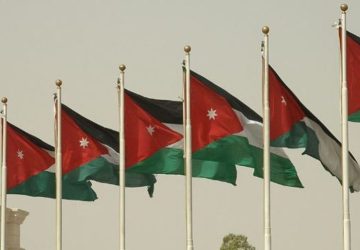Listen to the article
The Islamic Action Front (IAF), the political wing of the Muslim Brotherhood and main opposition party in Jordan, has won the September 2024 legislative elections by a landslide. However, this groundbreaking victory far from undermines the state’s control over the party or changes the fact that the Jordanian Parliament has a limited role in the country’s political life.
Islamism ‘on a Leash’
Rooted in the 1940s and founded in 1992, the IAF’s objective is “to impose Islam in society through peaceful means,” according to its Secretary General, Hamza Mansour.
That being said, the Jordanian government spared no effort in repressing the Islamists when they were perceived as a threat to the regime’s stability. Indeed, in 2015, the Muslim Brotherhood was banned in Jordan; its license was transferred to a reformist faction, the still-legal IAF. Today, two separate organizations bear the name “Muslim Brotherhood,” the core institution and the IAF.
The 1997 boycott organized by the IAF as a reaction against the peace agreement with Israel is a clear indication of the tense relationship between the organization and the Jordanian State, the latter having often sought to marginalize Islamists deemed too influential or threatening.
The victory of the Islamist party shocked the entire nation. But what are the underlying reasons for this giant leap?
Jordanian Discontent
The IAF’s main support base is predominantly made up of Palestinian Jordanians.
During the elections, the Islamists endeavored to capitalize on the growing anger of Jordanians — half of whom are of Palestinian descent — with regard to the ongoing war in Gaza.
To this day, there is no official census for the number of Palestinian residents in Jordan, but some 2.18 million of them were registered as refugees in 2016. 370,000 have been living in 10 different refugee camps since 2014, the biggest of which is Baqa’a, which houses over 104,000 residents. The second largest camp is al-Wehdat, with 51,500 refugees. According to estimates shared by Minority Rights Group International, some 3 million Palestinians are currently residing in Jordan.
The Gaza war has significantly impacted tourism in Jordan, a sector that makes up 14% of the country’s GDP. The conflict also generated a drop in revenues in a country where the public debt is nearing 50 billion dollars and where unemployment has reached 21% in the first quarter of this year.
The Jordanian economy is largely dependent on foreign aid, notably from the United States and the International Monetary Fund.
Parliament in Name Only
There is more to the discontent over Gaza. In fact, Jordanians remain defiant vis-à-vis their institutions, as indicated by the record weak participation in the elections, peaking at only 31% this year. These figures partly show the voters’ lack of interest in an institution perceived as politically inefficient.
The IAF won 31 of the 41 seats reserved for political parties during the last legislative elections. The Jordanian Parliament has a total of 138 seats, 97 of which are occupied by individual candidates, independent or affiliated with local groups.
Despite having been elected, this Parliament has limited powers compared to the King’s. Additionally, Jordanian votes are often the result of tribal and local dynamics.
While the IAF successfully secured a number of seats, the monarchy remains the master of the house. This immutable reality makes it difficult for the IAF to profoundly alter the country’s policies.
Contrary to parliamentary regimes where the leader of the majority party becomes the de facto Prime Minister, the King of Jordan has no customary or constitutional obligation to designate the head of the IAF for this position. This gives the monarchy enough leeway to manage the balance of power and keep Islamists under control.
Undoubtedly, the IAF’s victory is a symbolic turn of events in Jordanian politics, but it must be relativized by taking several factors into account. Although the IAF has become the country’s most significant political force, its influence remains limited by a regime that cleverly controls the dynamics of power in order to preserve the stability of the Kingdom.





